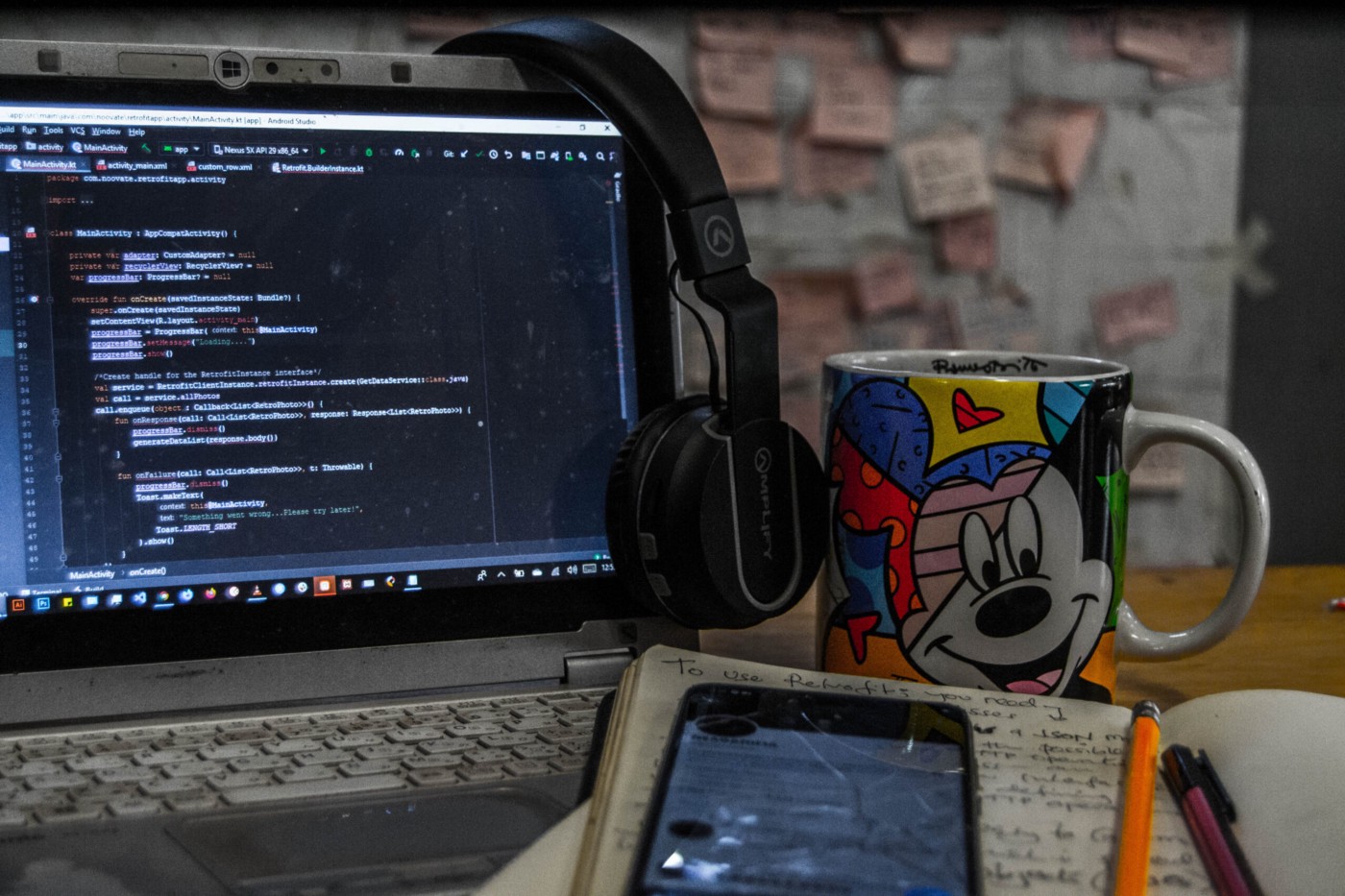Background
The 10 commandments of Egoless Programming was inspired by the book, The Psychology of Computer Programming, first released in the 1970s, where Jerry Weinberg coined the term “egoless programming”. What Weinberg wrote in that book was a set of guidelines for developers working in a team environment to keep their egos separate from their code.
Introduction
The 10 commandments of Egoless programming is a must-read piece for developers, Software Engineers, IT Project Managers, Tech Leads.
As a Tech Engineer who has taken on a full-time Andriod Developer in the past and at the time of publishing this article works as a software Projects Implementation Consultant, I couldn’t agree more that reflecting on these commandments every now and then brings out the best aspects of technical professionalism.
“ Stop making things to be about you. Shit happens and life goes on. Let go & let live. “- I tell myself this whenever I feel like the world is crumbling in on me.
The late Kobe Bryant while sharing life lessons drawn from his famous Mamba Mentality had this to say;-
“It’s not about you, man. Like ok, you feel embarrassed you are not that important like, get over yourself. That’s where you go,” — Kobe Bean Bryant (Deceased)
This very much applies to software development as well.
THE COMMANDMENTS
Today’s ever-growing technology space is continually being dominated by more developers & technical thinkers/practitioners than ordinary personnel which is a big reason why more than ever the “10 commandments of Egoless programming” should be the moral guide for all those seeking to solidify a career in software development/engineering and other applications or system development related endeavours. So let’s look at them.
1st Commandment: Understand and Accept That You Will Make Mistakes.
The point is to find them early before they make it into production. Except for the few incidences, mistakes are rarely fatal in our industry. Therefore, we can, and should, learn, laugh, and move on.
Personal Reflection: Working as a developer, mistakes caused me a lot of frustration, which in turn took up task completion time. Working with a team helped me grow into the habit of asking or seeking help.
2nd Commandment: You Are Not Your Code
Remember that the entire point of a review is to find problems, and problems will be found. Don’t take it personally when one is uncovered.
Personal Reflection: Working as a developer, I learned not to get too attached to the code I write. I have started to appreciate being my own critic and reviewer before my colleagues and boss stepped in.
3rd Commandment: No Matter How Much “Karate” You Know, Someone Else Will Always Know More.
Such an individual can teach you some new moves if you ask. Seek and accept input from others, especially when you think it’s not needed.
Personal Reflection: Forums like GitHub, Stack overflow, and medium to mention but a few can be very helpful here. Colleagues contribute a lot to the professional growth of a junior developer. But outside one’s immediate workplace or social tech circles, these forums continue to be very very productive.
4th Commandment: Don’t Write Code Without Consultation.
There’s a fine line between “fixing code” and “rewriting code.” Know the difference, and pursue stylistic changes within the framework of a code review, not as a lone enforcer.
Personal Reflection: I have not always liked team meetings and daily standups. But When I worked as a developer, they were lifesavers. It’s always during those sessions that timely feedback can change the tide of a project or code review. Document your code and also learn to read the documentation for code, software, frameworks etc.
5th Commandment: Treat people who know less than you with respect, deference & patience.
Nontechnical people who deal with developers on a regular basis almost universally hold the opinion that we are prima donnas at best and crybabies at worst. Don’t reinforce this stereotype with anger and impatience.
Personal Reflection: Opinions and views often matter a lot in the tech space, as every idea however small can be the next best solution to a complex, reoccurring or previously unsolved problem.
6th Commandment: The only constant in the world is change.
Be open to it and accept it with a smile. Look at each change to your requirements, platform, or tool as a new challenge, not as some serious inconvenience to be fought.
Personal Reflection: Sometimes change is inevitable and just in incases you don’t agree with changes, the best approach is to always see the opportunities therein.
7th Commandment: The only true authority stems from knowledge, not from position.
Knowledge engenders authority, and authority engenders respect — so if you want respect in an egoless environment, cultivate knowledge.
Personal Reflection: I’ve learned that you can never go wrong with having a thirst to constantly grow your knowledge.
8th Commandment: Fight for what you believe, but gracefully accept defeat.
Understand that sometimes your ideas will be overruled. Even if you do turn out to be right, don’t take revenge or say, “I told you so” more than a few times at most, and don’t make your dearly departed idea a martyr or rallying cry.
Personal Reflection: Those days can be very hard to get through but then again they are usually the days you learn and grow the most.
9th Commandment: Don’t be the guy in the room.
Please do not be the guy coding in the dark office emerging only to buy cola. The guy in the room is out of touch, out of sight, and out of control and has no place in an open, collaborative environment.
Personal Reflection: This has been particularly very hard for me. I believe a lot of techies and developers face the same challenge, as collaborating requires keeping in contact with colleagues, clients and non-technical bosses. This often leads to a lot of wasted time for a developer or technician yet is considered valuable bonding time for the non-technical person. All I can say is this is a grey area.
10th Commandment: Critique code instead of people.
Be kind to the coder, not to the code. As much as possible, make all of your comments positive and oriented to improving the code. Relate comments to local standards, program specs, increased performance, etc.
Personal Reflection: Need I say more?! This actually applies to other areas of human interaction, especially arguments and disagreements.
Conclusion
I have read The 10 commandments of Egoless programming and I must say, those who spend time reading these simple guidelines will find value in their work as they lead a technically sound professional career.
Reference
This article was originally published on my Medium, hashnode & Tealfeed Accounts.
This post was created with our nice and easy submission form. Create your post!





